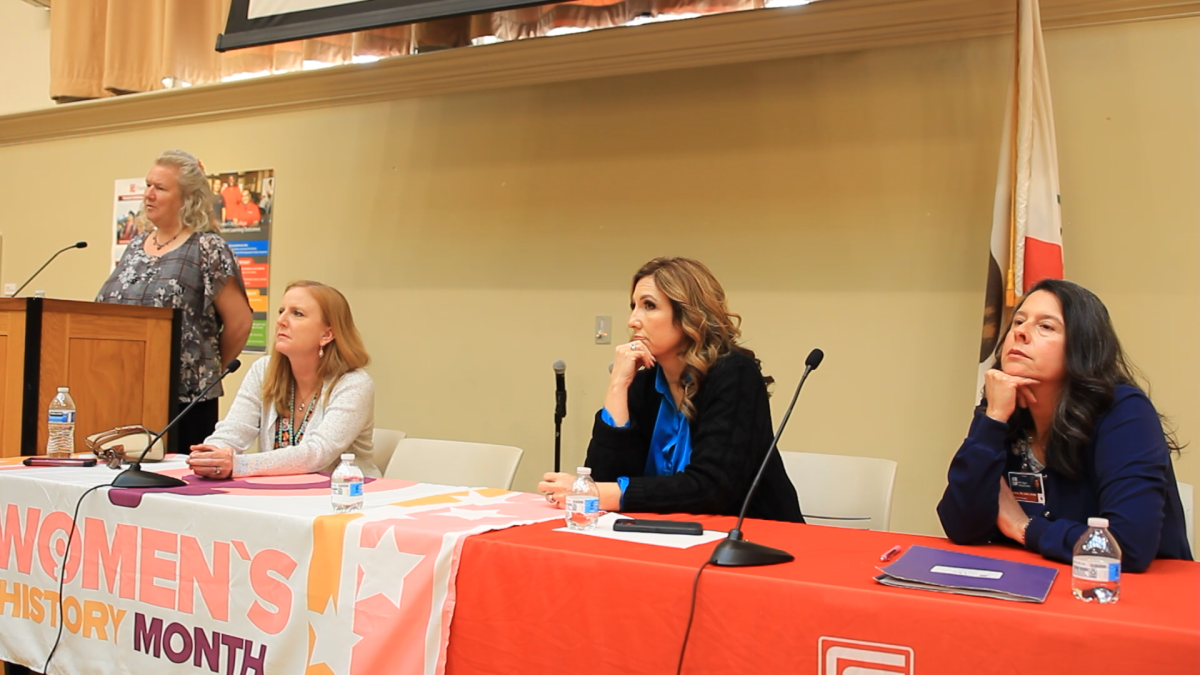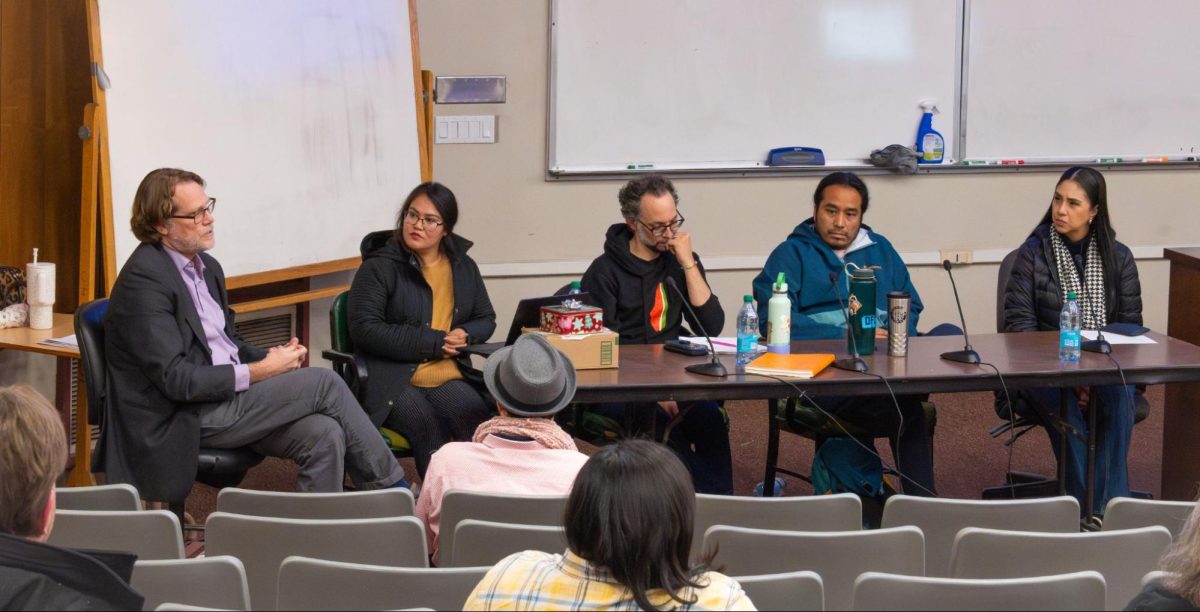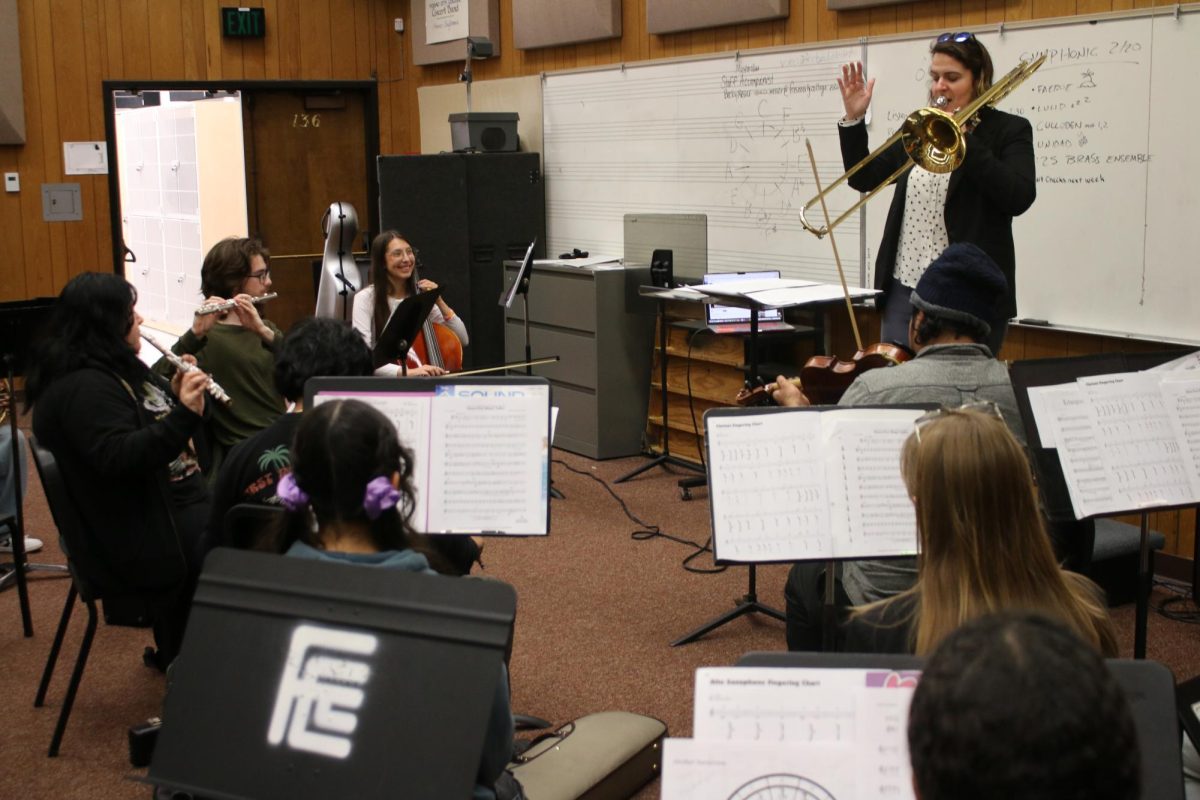Is this your first semester in college? Then your race to the 90 unit financial aid cutoff has just begun.
If you are like most students, you are probably not aware that once you’ve accumulated 90 units you become ineligible for financial aid whether you are currently receiving it or not.
To transfer to Fresno State (or any other state college) you need at least 60 general education credits. General education is a set of courses chosen from a grid that covers several levels of subjects. Each section of GE has anywhere between two and 95 classes available to take, depending on the department.
“With the recent changes in financial aid regulations, the earlier in a student’s academic career they can choose a real major, or a major that they will not change, the better it is for a student,” said Dean of Counseling, Mark Sanchez, Ed.D. “Financial aid regulations are really becoming locked in funding those students who meet their educational objectives as efficiently as possible.”
It seems that many Fresno City College is students who haven’t declared a major have no idea what classes they should be taking to satisfy general education.
Tiffiney Brown, who has been at FCC for five semesters, has not seen a counselor once in that time. “The wait is too long, and they won’t be helpful,” Brown said. Although she has already declared her major, she was only aware of the CSU Fresno general education transfer checklist because her husband showed it to her.
Likewise, Monica De Leon declared her major of Paralegal Studies last summer. She has been at FCC off and on since 1997, but it wasn’t until summer 2011 that she saw a counselor. As a longtime student, she had to educate herself by looking up the CSUF checklist and what the unit cut off for financial aid was on her own. De Leon’s path is not unusual for students who have been in school a long time.
On the other hand, Woesha Tovar is a second semester student, but does not have a major yet. She has seen a counselor but not the CSUF checklist. She does not know what the unit cut off for financial aid is. Despite seeing a counselor, Tovar didn’t know that she could be hurting herself in the long run by taking random courses instead of focusing on general education.
Andrew Marmolejo is in the same situation. He has been at FCC for three years and does not have a major. Marmolejo, however, is very aware of what constitutes general education, so much so that he’s completed it all and did not register this semester so he wouldn’t waste anyone’s time or money while he figures out what he wants to do.
A lot of young people go to college without knowing what they want to do. However, by not being on track with at least general education, students can harm themselves as well as those that actually need the classes they’re taking while deciding what to major in.
If students are in college but don’t know what they want to do with their lives, it’s easy to find out what GE to take without having to add time onto their stay at community college.
Be aware that as time goes by, stricter rules continue to roll out that make it more difficult for you to educate yourself in the long run. Go see a counselor if you haven’t already. They can take you through the GE checklist to see where you are and what you need to take. If all else fails, get the checklist from the FCC website and educate yourself. The checklist is self-explanatory and it can subtract years on your time at FCC.
“The bottom line to students is take your coursework and college goals seriously and if you need assistance ask; there are a lot of caring professionals on campus who want students to be successful,” Sanchez said.






